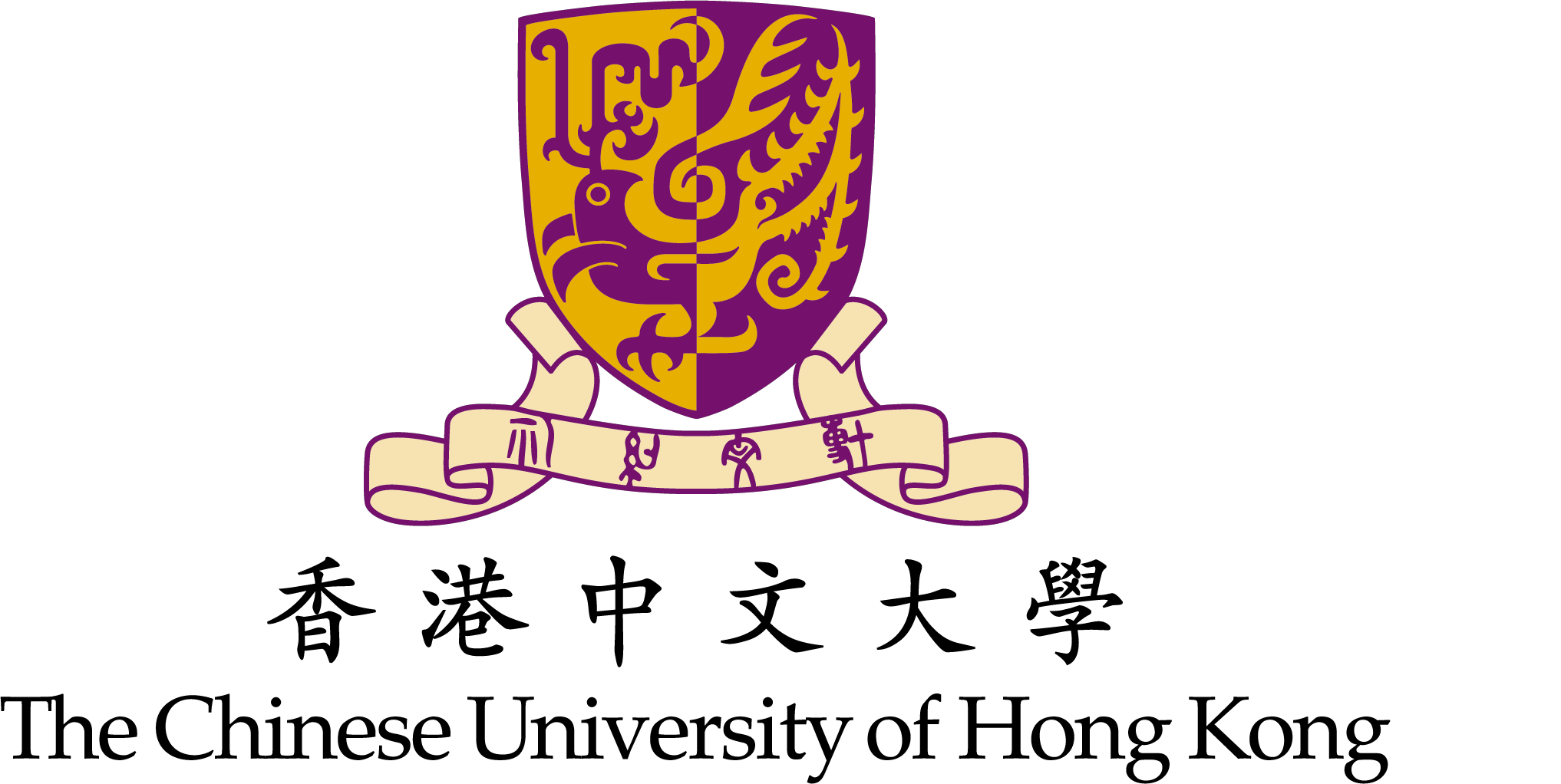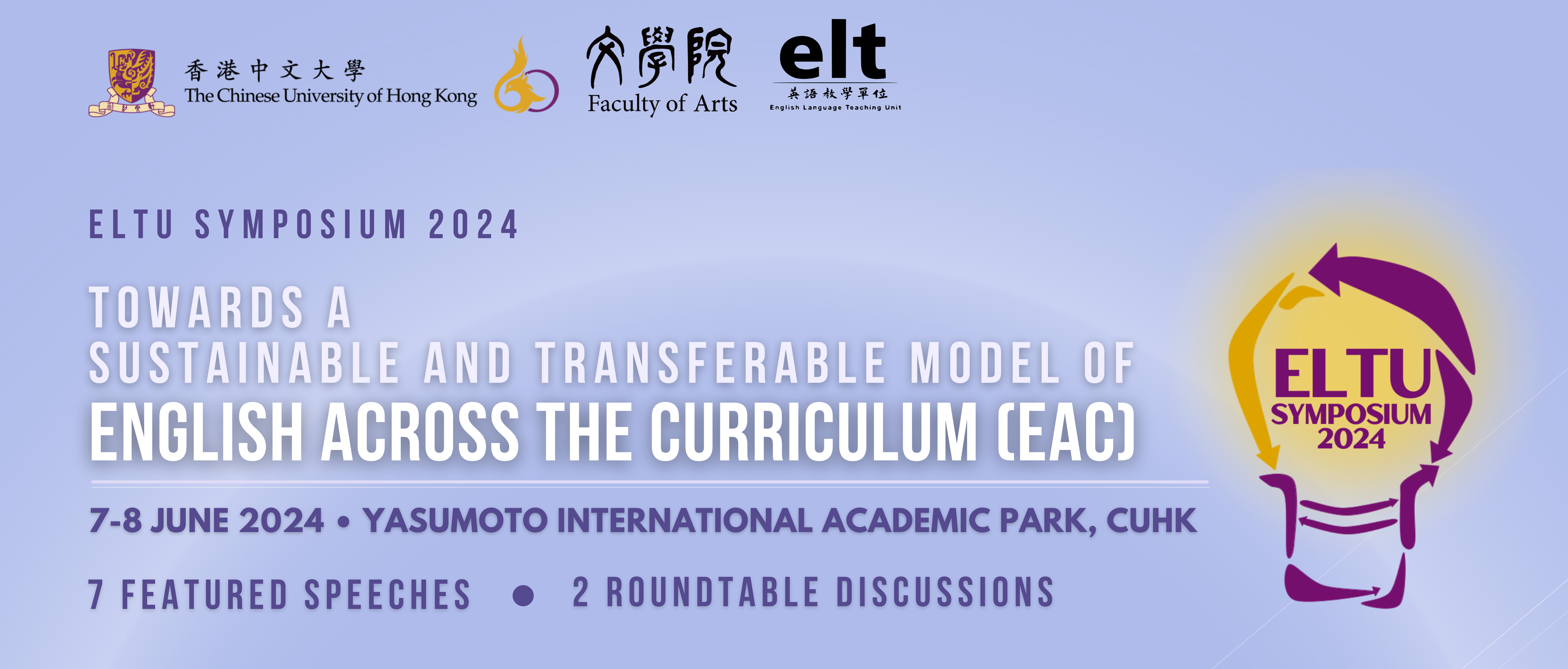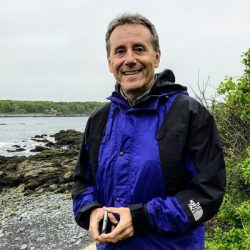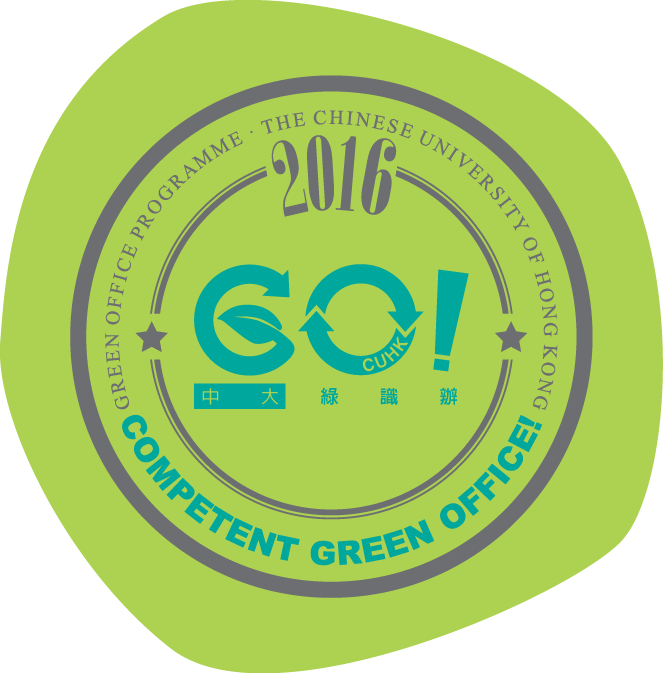Bio:
Jeffrey Galin is the founding director of FAU’s University Center for Excellence in Writing, Writing Across the Curriculum (WAC) program, Professional English Language Support program, and Community Center for Excellence in Writing. His most recent co-authored book is Sustainable WAC: A Whole Systems Approach to Launching and Developing Writing Across the Curriculum Programs, which provides a theoretical framework, methodology, strategies, and tactics for developing sustainable WAC programs. He has consulted for small, medium, and large institutions, including community colleges.
He has published numerous articles in journals on rhetoric and writing and has published chapters on issues of copyright and fair use, in several edited book collections. He has also given over 100 presentations and workshops at national or international conferences and trained over 600 faculty since 2004. He is one of the founding organizers of the Association for Writing Across the Curriculum (AWAC), has co-led the AWAC summer institute, served on its executive board, and serves on numerous editorial boards of journals in his field.
Speech Title:
Building Sustainable Writing Programs Across the University
Abstract:
Building sustainable writing programs that are layered across a university is a complex process that often takes many years. Most curriculum is siloed in departments that have full control of their curricula. Writing Across the Curriculum (WAC) is, by its nature, interdisciplinary and interdepartmental. When adding the additional complexity of foreign language instruction to support English Across the Curriculum, as the EAC had done, the challenges increase. Such programs are particularly vulnerable to institutional change, loss of support over time, and often university programs that must compete for the same limited resources.
Michelle Crow, Daniel Melzer, and I have written about these challenges in Sustainable WAC: A Whole Systems Approach to Launching and Developing Writing Across the Curriculum Programs, several articles, and the current book we are writing as a follow-up study of five universities that are using our whole systems approach to building new WAC programs.
For this presentation, I will introduce the methodology we have developed for sustainable programs, share the principles, strategies, and tactics we have found most likely to lead to program longevity, and discuss the aspects of EAC that make it a strong candidate for transformative institutional change being sustainable over time.





